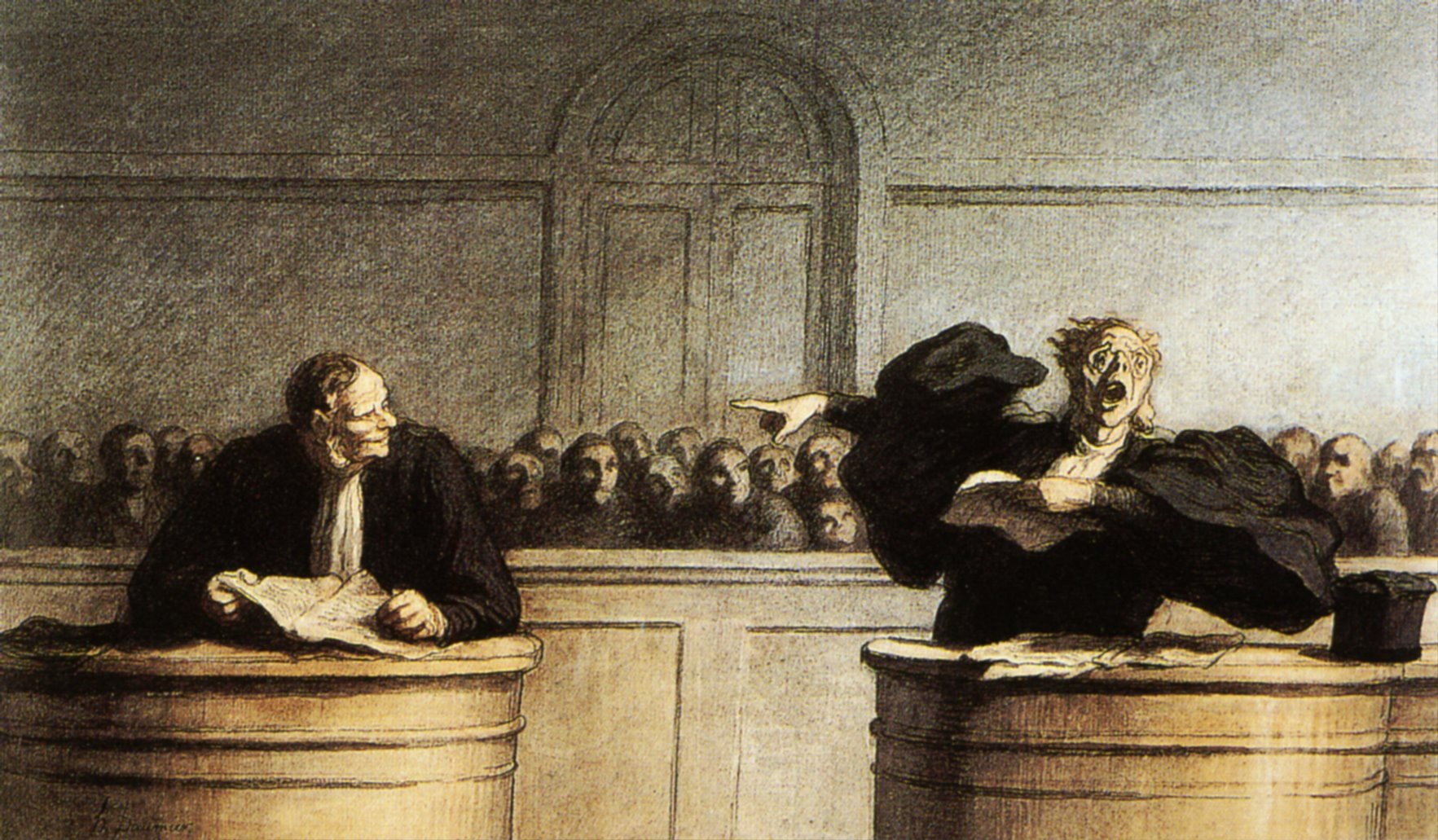The “Co-Worker Rule” Helps Spouses set Boundaries During a Divorce

Divorce Mediator Kimberley Keyes discusses how the Co-Worker Rule helps former spouses communicate after separating. In a recent divorce mediation blog post, we discussed the Co-Worker Rule, which provides a practical approach for separated spouses setting boundaries and communicating during and after the divorce process. A recent Massachusetts divorce case highlights the importance of the … The “Co-Worker Rule” Helps Spouses set Boundaries During a Divorce









